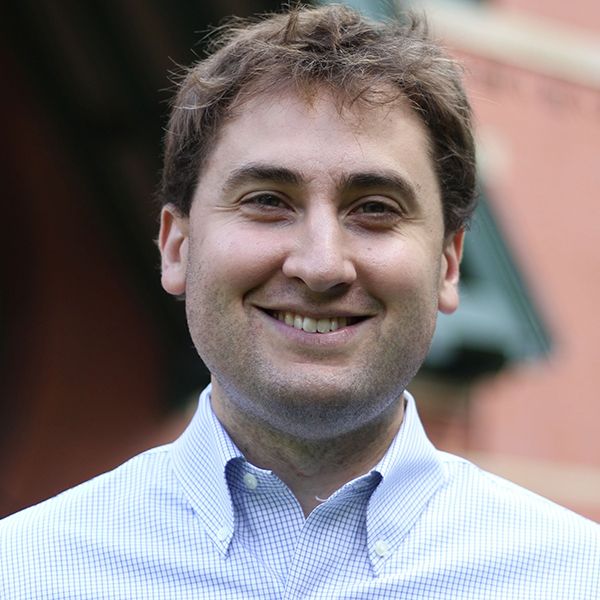Article
20% of Children, Youth Drink No Water on a Given Day
Author(s):
Drinking no water on a given day was associated with greater caloric intake overall and a greater percentage of calories coming from sweetened beverages.

Asher Y Rosinger, PhD, MPH
Investigators have found that 20.3% of children and young adults in the US did not drink any plain water on a given day. Instead, they relied on sugar-sweetened beverages, which was associated with an increase of 92.9 kcal compared to those who drank any water.
Investigators led by Asher Y Rosinger, PhD, MPH, Assistant Professor of Biobehavioral Health and Anthropology and Director of the Water, Health, and Nutrition Laboratory at Pennsylvania State University, State College, PA, cited research pointing to the risks of weight gain, obesity, and diabetes for children who consume sugar-sweetened beverages (SSBs).
Rosinger spoke with MD Magazine® about the study results and their implications for child and adolescent health outcomes.
“We found that 1 out of 5 children, adolescents, and young adults did not drink water on a given day,” Rosinger told MD Mag. “Those kids that did not consume any plain water (from tap or bottled water) consumed almost twice as many calories and percent of total calories from sugar-sweetened beverages than those that consumed water.”
Rosinger noted that this result was surprising since water is the healthiest beverage and is necessary for both physiological and cognitive health. However, he added that in parts of the US, tap water is contaminated or people do not trust their water.
“Water insecurity is a growing problem in the US, so we need to keep that in mind as important context, especially when it comes to parents who may be giving their kids soda or juice because they distrust the water,” said Rosinger. “They need access to safe, clean water.”
The study used 2011 to 2016 data from the National Health and Nutrition Examination Survey (NHANES), which is representative of the noninstitutionalized civilian US population. Young adults, adolescents, and children (with the help of caregivers) provided a 24-hour dietary recall. Plain water included tap water and unsweetened, noncarbonated bottled water.
The data used came from 8400 participants aged 2 to 19 years, with a mean age of 10.6 years (standard error [SE] 0.1 years). On a given day, 79.7% of participants reported drinking any plain water (SE 1.0%).
Those who drank no water had an associated increase of 92.9 kcal (SE, 8.3 kcal; P <.001) and with 4.5% (SE, 0.3%; P <.001) more calories from sugar-sweetened beverages. Those figures were adjusted for sociodemographic variables in the data.
The association of no water consumption with higher caloric intake from sugar-sweetened beverages was statistically significant when data was stratified by age group or race/ethnicity.
Drinking no water versus drinking any water was significantly associated with caloric intake from SSBs for the 3 age groups: 2-5 years (92.8 vs 46.4 kcal); 6-11 years (183.3 vs 95.4 kcal); 12-19 years (288.4 vs 155.4 kcal; all P <.001). Similarly, across race/ethnicity the study reported significant differences among non-Hispanic white (237.4 vs 114.9 kcal), non-Hispanic black (218.1 vs 124.9 kcal), and Hispanic (176.1 vs 115.3 kcal) participants (all P <.001).
Interactions between water consumption and sex or income to poverty ratio were not significant.
Rosinger said that physicians should be aware of the association between not drinking water and increased caloric intake and communicate the importance of drinking water to parents.
“Physicians should recommend to parents that their kids should drink water every day,” said Rosinger. “When they don’t drink water, they are more likely to consume more sugary drinks and that’s when they’re likely getting more than 10% of their daily calories from these beverages.”
Given the importance of tap water as a healthful beverage option, Rosinger is also studying the history of tap water avoidance in the US and the factors that contribute to not drinking tap water. He added that there is a need for research on how trust or distrust of tap water contributes to beverage choices and nutritional outcomes.
The study, “Association of Caloric Intake From Sugar-Sweetened Beverages With Water Intake Among US Children and Young Adults in the 2011-2016 National Health and Nutrition Examination Survey,” was published in JAMA Pediatrics.




